The Modern Economy: An Ever-Evolving Landscape
The term "economy" refers to the large set of inter-related production, distribution, and consumption activities that aid in determining how scarce resources are allocated. Given its significance, the economy is a critical cornerstone upon which the prosperity and development of a society rest. Over time, the global economic landscape has seen unprecedented shifts due to technological advancements, geopolitical changes, and evolving consumer behaviors.
Historical Context
Historically, economies were primarily agricultural, relying heavily on farming and basic trade. The Industrial Revolution marked a significant turning point in economic history, leading to the rise of manufacturing industries and significant advances in transportation, such as railways and steamships. This era saw economies transitioning from agrarian bases to industrial powerhouses.
Post-Industrial Revolution, the 20th century brought about further transformations, with the emergence of the service sector and the rise of knowledge- and technology-based industries. This shift is foundational to understanding the current state of modern economies.
The Components of the Economy
Economists often break down economies into various sectors to better understand how they function. These typically include:
- Primary Sector: Involves the extraction and harvesting of natural resources (e.g., agriculture, mining).
- Secondary Sector: Concerned with manufacturing and industry (e.g., factories, construction).
- Tertiary Sector: Encompasses services (e.g., healthcare, education, finance).
- Quaternary Sector: Involves intellectual activities (e.g., information technology, research).
Each of these sectors plays a vital role in maintaining the balance and efficacy of an economy.
Globalization and Technology
The rapid advancement of technology and the increasing interconnectedness of global economies have reshaped traditional economic models. Globalization has led to the growth of international trade and investment, allowing countries to specialize in what they do best while benefiting from the efficiencies of global supply chains.
Technological advancements, particularly in communication and information technology, have spurred productivity growth and innovation. Technologies such as artificial intelligence, blockchain, and the Internet of Things (IoT) are driving the next wave of economic transformation, providing both opportunities and challenges for businesses and workers alike.
Challenges and Opportunities
While the modern economy brings significant benefits, it also presents a unique set of challenges. Economic inequality remains a persistent issue, with wealth and resources often unevenly distributed within and among countries. Additionally, environmental considerations are becoming increasingly important, as climate change and resource depletion pose existential risks to economic sustainability.
Governments and policymakers face the crucial challenge of fostering economic growth while ensuring that it is inclusive and sustainable. This involves balancing economic policies that promote innovation and productivity with social policies that provide safety nets and equal opportunities for all citizens.
The Gig Economy
One of the most notable shifts in recent times is the rise of the gig economy. Characterized by freelance work, short-term contracts, and on-demand services, the gig economy is redefining traditional labor markets. Platforms like Uber, TaskRabbit, and Fiverr enable workers to find flexible employment, aligning with broader trends towards greater flexibility and autonomy in work arrangements. However, this shift also raises questions about job security, benefits, and workers’ rights, necessitating updated labor policies and regulations.
Future Outlook
Looking forward, the future of the economy will likely be shaped by several key trends:
- Digital Transformation: Continued adoption and integration of digital technologies across all sectors.
- Green Economy: Increased focus on sustainable practices and the development of green technologies.
- Skills Evolution: A growing emphasis on education and training to equip the workforce with new skills for emerging industries.
By understanding these dynamics, stakeholders can better navigate the complexities of the modern economy and harness its potential for future prosperity. Economic resilience, adaptability, and innovative thinking will be critical in shaping a robust and equitable global economy.






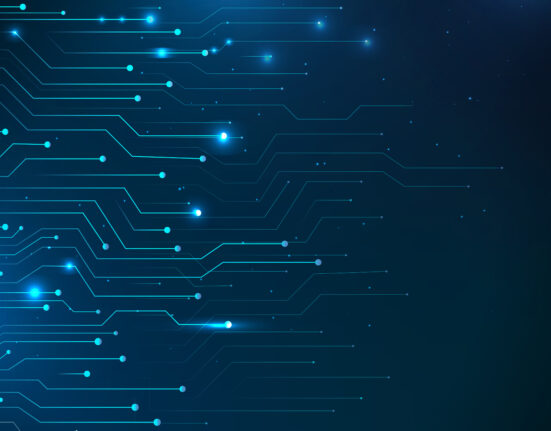

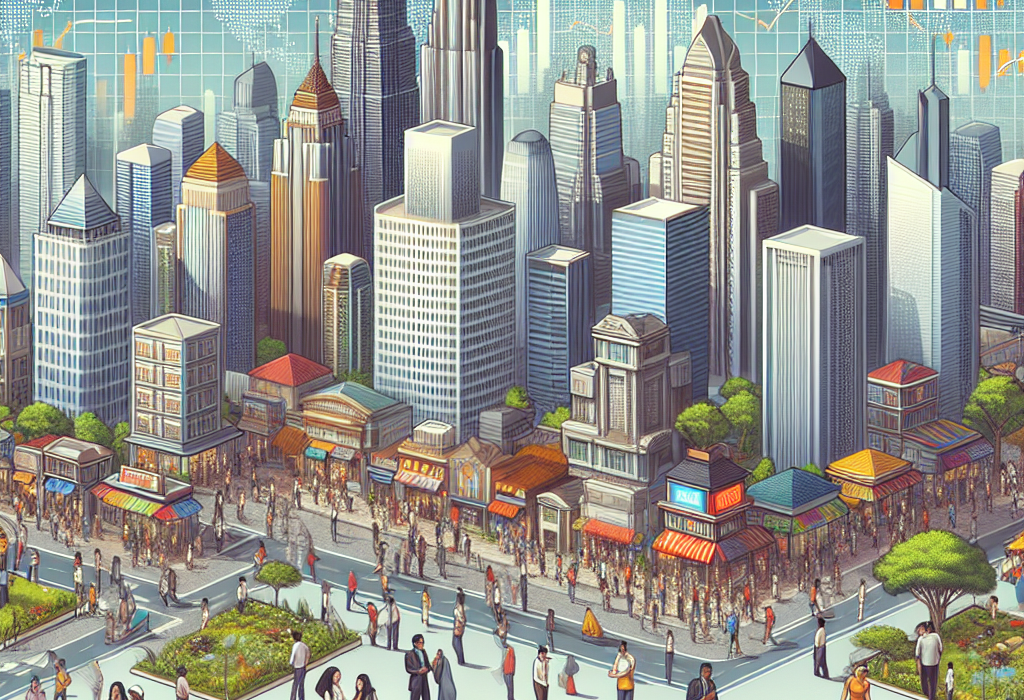
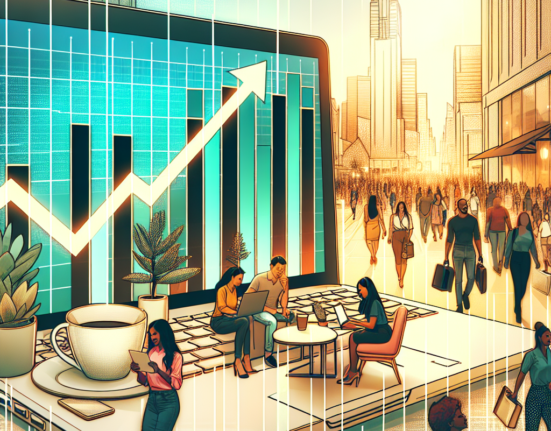
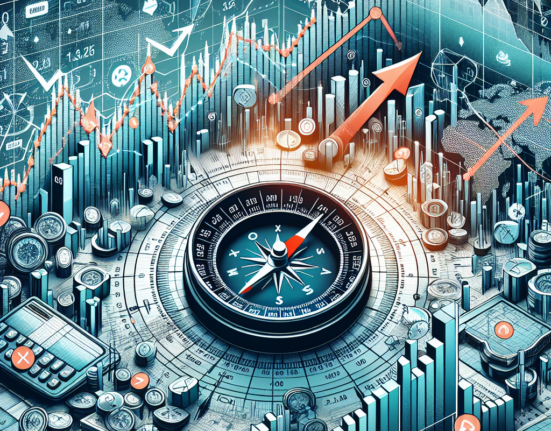

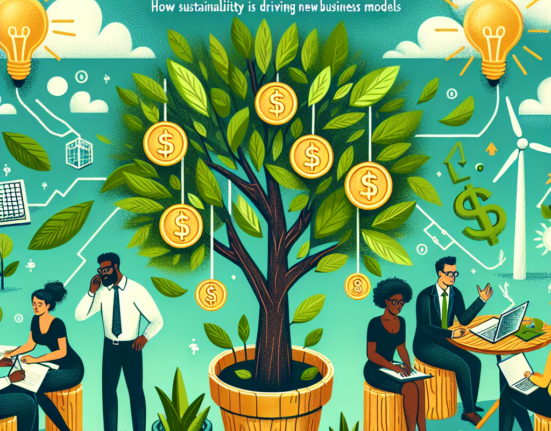


Leave feedback about this
You must be logged in to post a comment.